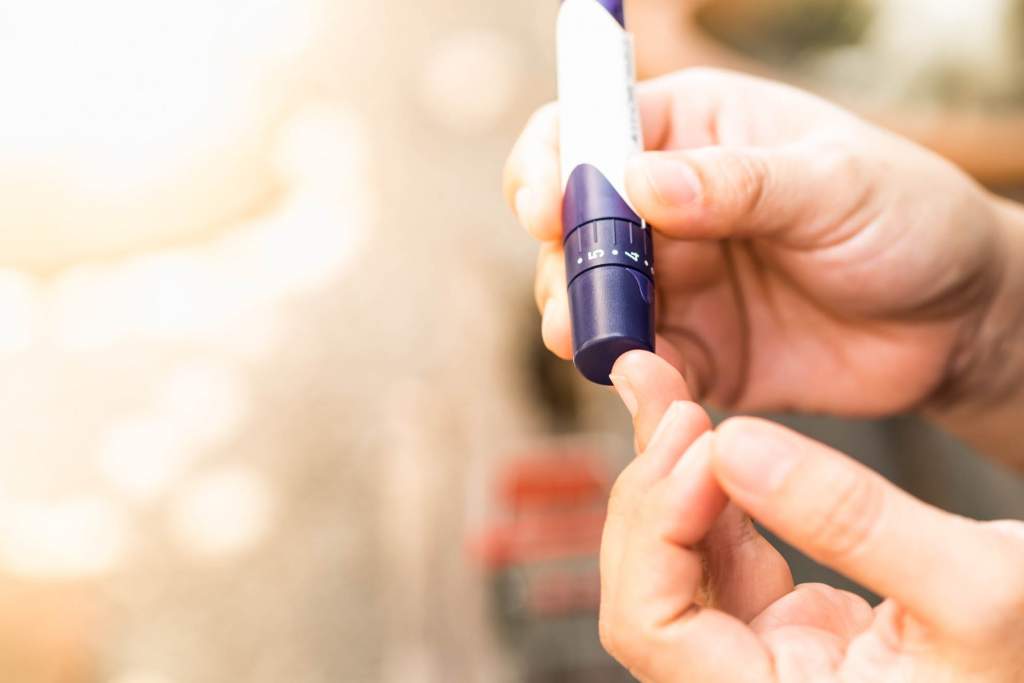Acai Berry Effects on Sugar Diabetes
Acai berries originate from Brazil and are considered a “superfood” due to the wealth of powerful benefits such as: essential fatty acids (omega-3, omega-6 and omega-9), antioxidants, amino acids, and many vitamins and minerals. Despite being a fruit, which diabetics try to avoid, acai has been proven to provide many benefits for people living with diabetes.
Low Fructose
Similar to all fruits, the berries contain natural sugar known as fructose; however, acai contains a very low amount of fructose.
High Fiber
The high fiber content of of acai berries helps to moderate the absorption of fructose in the intestines.
Supress Overeating
Additionally, the high concentration of fiber with the omega-fatty acids, amino acids, vitamins and minerals suppresses the appetite and helps burn fat, which results in weight loss by preventing overeating that includes extra calories, fat and sugar.
Low-Glycemic Level
According to the Glycemic Index (GI), the lower the glycemic level of a food, the smaller the fluctuations in the blood glucose and insulin. Diabetics are always looking to find ways to stabilize their glucose level and prevent sudden spikes.
Cell Communication
Antioxidants and micronutrients help with cell communication by limiting the inflammation and oxidation of the cell membranes that are resistant to insulin, thereby processing glucose more efficiently.






